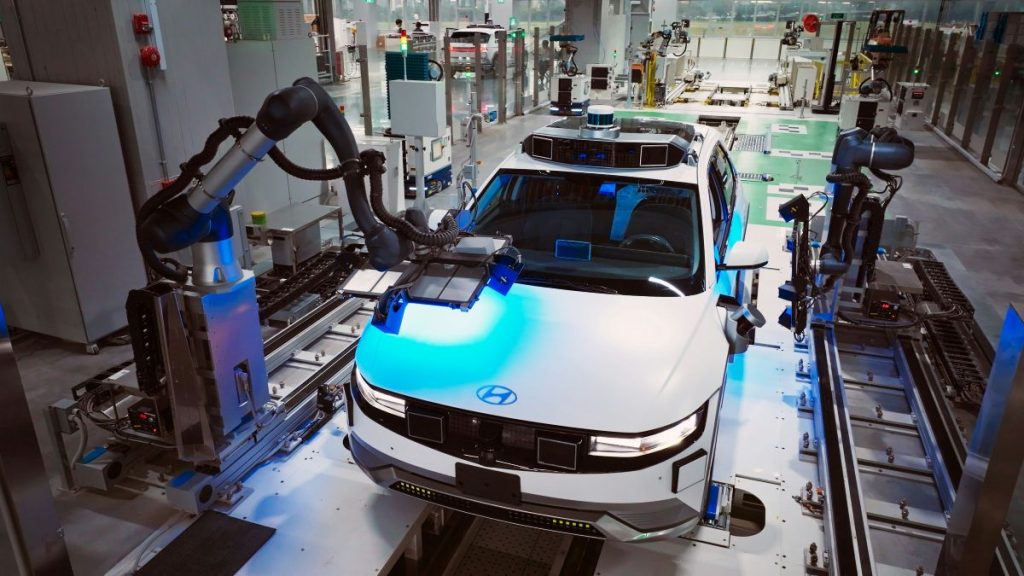The automotive sector braces for disruption as the White House imposes steep tariffs, amplifying the need for regional supply chain strategies.
New Tariffs Shake Up the Auto Sector
President Donald Trump has signed an executive order imposing a 25% tariff on all foreign-made automobiles, effective April 2. The move is expected to reshape global supply chains as automakers and suppliers assess the financial and operational impacts.
The tariffs cover imported sedans, SUVs, crossovers, minivans, cargo vans, and light trucks. Key automotive parts, including engines, transmissions, and electrical components, are also subject to the levy. However, parts produced domestically or compliant with the United States-Mexico-Canada Agreement (USMCA) will initially be exempt until further systems are established by May 3 to determine non-U.S. content.
Strategic Responses and Regional Adjustments
Automakers are under pressure to adapt quickly. With Mexico and Canada responsible for the bulk of U.S. automotive imports, supply chain leaders will need to evaluate the extent of their exposure. International Trade Administration data shows that in 2023, 76% of vehicles manufactured in Mexico and 93% from Canada were shipped to the U.S.
In anticipation of these tariffs, companies have already accelerated investments in domestic manufacturing. Hyundai’s $21 billion commitment to U.S. operations, including a $5.8 billion steel plant in Louisiana, is a notable example. Similarly, Tesla’s recent $200 million investment in a Texas plant reflects a strategic shift toward greater regional production.
Navigating the New Trade Landscape
To navigate these challenges, companies may need to explore diversified sourcing and consider expanding domestic production capabilities. Establishing alternative supplier networks, reassessing contract terms, and exploring joint ventures with U.S.-based manufacturers can mitigate tariff exposure. Additionally, leaders should leverage USMCA exemptions to minimize financial impact while maintaining operational continuity.
Technology investments will also play a pivotal role. Enhanced visibility tools and real-time analytics can provide actionable insights, enabling agile decision-making in response to fluctuating trade policies.
While tariffs introduce immediate challenges, they also present an opportunity for businesses to reinforce supply chain resilience. Companies that proactively adapt will not only minimize disruption but also strengthen long-term competitive advantages in a rapidly evolving automotive market.








